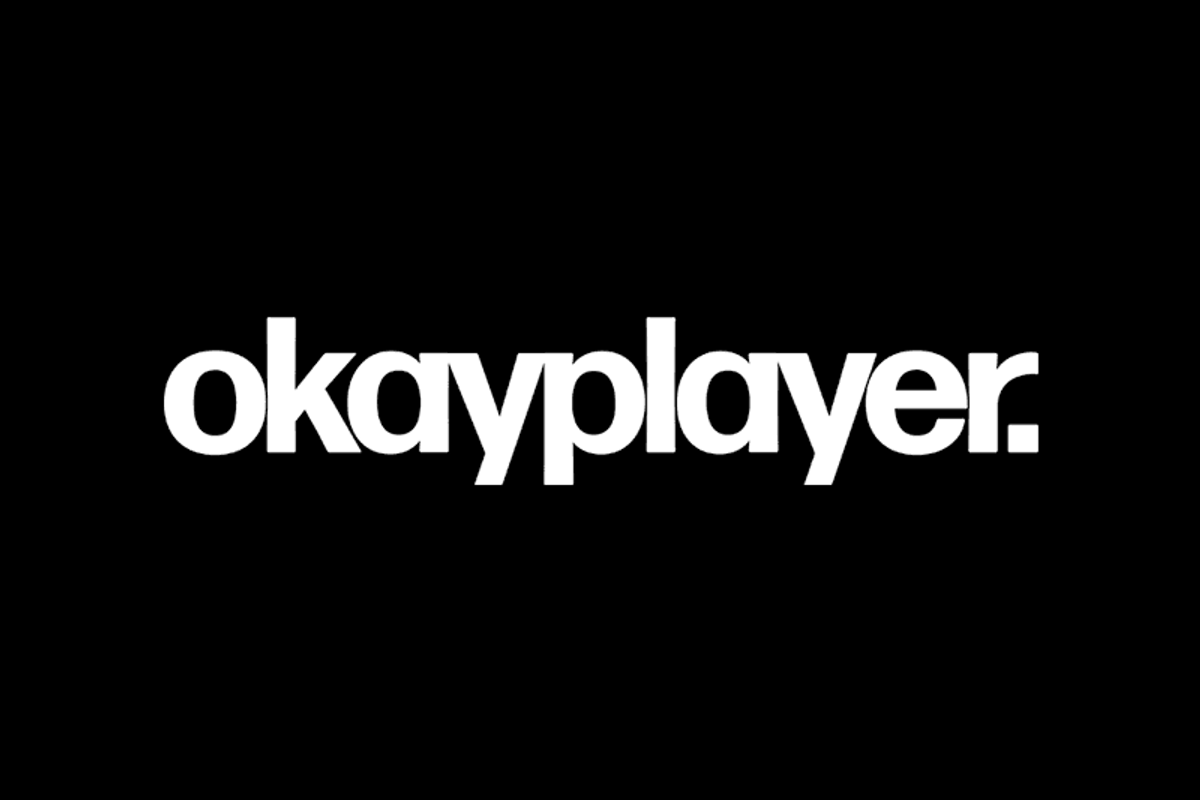
Harry Belafonte Builds All-Star Roster For Activism-Themed Music Fest
To continue reading
Create a free account or sign in to unlock more free articles.
By continuing, you agree to the Terms of Service and acknowledge our Privacy Policy
Register
The content is free, but you must be subscribed to Okayplayer to continue reading.
THANK YOU FOR SUBSCRIBING
Join our newsletter family to stay tapped into the latest in Hip Hop culture!
Login
To continue reading login to your account.
Forgot your password?
Please enter the email address you use for your account so we can send you a link to reset your password:

In this July 20, 2014 file photo, singer and activist Harry Belafonte speaks during a memorial tribute concert for folk icon and civil rights activist Pete Seeger at Lincoln Center's Damrosch Park in New York. (AP Photo/Kathy Willens)
For Public Enemy’s Chuck D, the role of the artist is clear: using their art and visibility to make the world a better place.
“If we’re going to have the light on us, why not make the change?” he said on last Thursday afternoon.
This logic is the fuel behind Many Rivers To Cross, a star studded music festival rooted in the idea of social justice. The festival, which will be in Atlanta, Georgia, on Oct. 1-2, will feature appearances by John Legend, Common, Chris Rock, Dave Matthews, Carlos Santana, Macklemore, T.I., Jesse Williams, Aloe Blacc, Jussie Smollett, Danny Glover, Estelle and others. They and other festival goers will work with activists, thought leaders and community organizers to work toward solutions through issues like voting rights, mass incarceration and community/police relations.
Many Rivers is a production by by Sankofa, a social justice organization founded by Harry Belafonte — the legendary actor, entertainer, humanitarian and activist. Sankofa worked with Blackout for Human Rights on the Justice For Flint concert, which was dedicated to raising resources and awareness for people impacted by the Flint water crisis, and the music video for Usher’s song, “Chains.”
The format of the festival will have community organizations having debates and dialogues with festival goers during the daytime, to help show what communities are dealing with and how people can get involved. At nighttime, the artists will hit the stage, being encouraged — though not required — to perform “material relevant to to the cause of justice, or the miscarriage of justice,” as Belafonte described. BET has recently got on board to tell the story behind the festival. Money from the event will be distributed to organizations involved.
Belafonte said the idea for the concert was developed within the past few years, when the fallout from the killings of unarmed people of color like Trayvon Martin, Michael Brown and Freddie Gray prompted protests. While he was visiting these cities to meet with activists and organizers, he noticed several issues: a lack of financial support, and that multiple groups were operating without knowledge of what each other was doing.
“We figured it would be a good start if we could get a group of artists together who are deeply sensitive to the issue of what was going on in terms of blacks and criminal justice, and to make ourselves available to the organizations as much as necessary,” Belafonte said in a conference call with other organizers.
“…This event will bring all [activist organizations] together to communicate what communities are experiencing, and what techniques they’re using to overcome these problems that they’re facing,” he continued. The model was inspired by the civil rights movement, when various organizations like SNCC, CORE and other groups collaborated for the March on Washington or the march from Selma to Montgomery, Alabama.
Before his tragic death, Prince was set to be involved as well. The Purple One had visited Baltimore in the wake of [Freddie] Gray’s death, and recorded a song called “Baltimore” about the experience. Belafonte said that he died days before they were scheduled to meet in New York for the fourth meeting around the festival. The song “Baltimore,” he said, is a centerpiece of the festival.
“We want to keep the memory of what Prince committed himself to,” Belafonte said.
EPA/JOERG CARSTENSEN
The commitment is one shared by Chuck D: that artists are an essential anchor for change, especially when forums like the legal system don’t deliver justice. According to Chuck D, who affectionately referred to Belafonte as “Mr. B” and cited Belafonte’s lessons from Paul Robeson, artists have a responsibility to step up.
“[Belafonte] is undoubtedly is the example of someone from the artist and cultural field that transcended and has gone beyond to understand that art permeates society and the earth; while laws, especially unfair laws, have limited human beings,” Chuck D said during a conference call. “Artists linking up with real situations, real people doing real things to redefine our society, is necessary.”
Linda Sarsour, executive director of the Arab American Association of New York, emphasized the power that artists have to bring visibility to the people and organizations that are doing the work on the ground.
“Sometimes, it takes an artist to step up in his power or her power, to bring the voices of those and the local communities who are toiling for justice to the forefront of mainstream media and to our television sets,” Sarsour said, adding that the work has to be intergenerational to be effective.
“We need the energy of the young people, but we also need the wisdom of our elders.”
Buy tickets for Many Rivers To Cross here.
William E. Ketchum III covers entertainment, pop culture, race and politics for the likes of The Guardian, NPR, Billboard and more. Follow him (and us!) on Twitter at @WEKetchum.